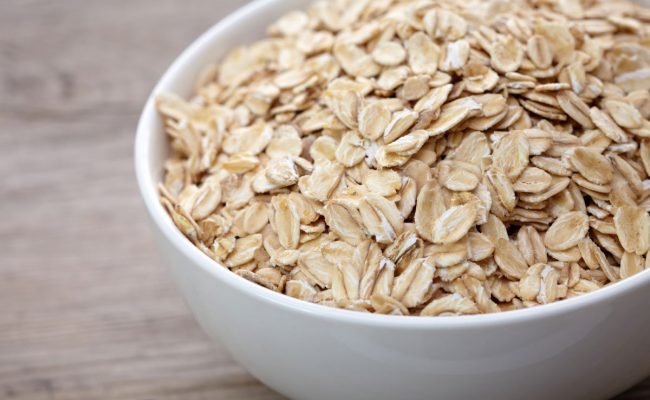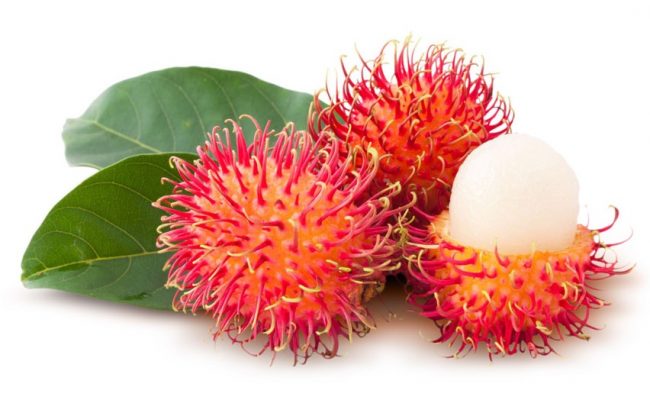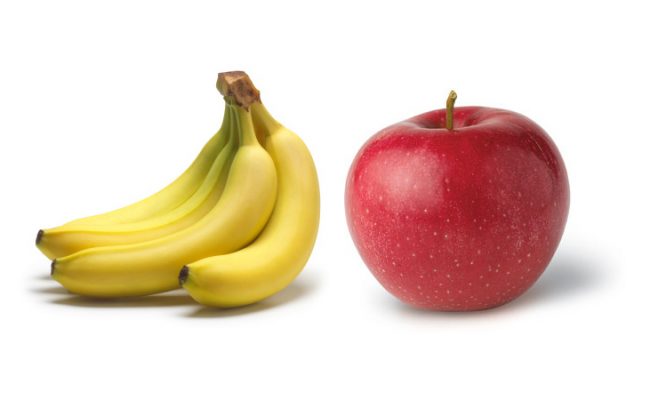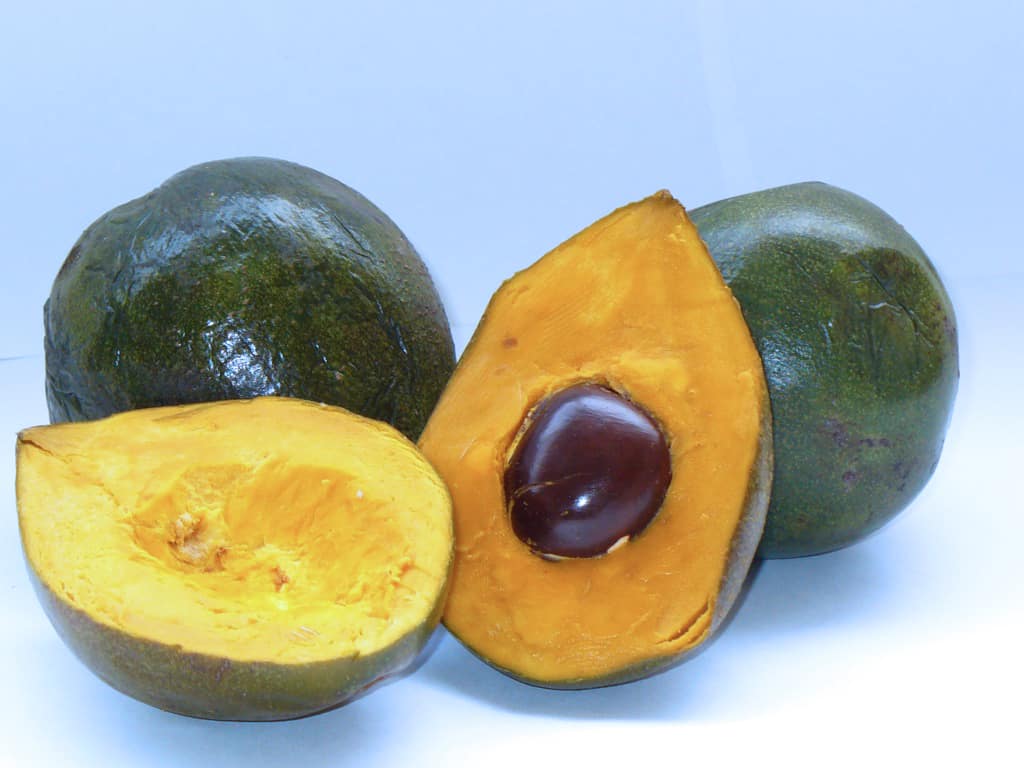
Lucuma is a starchy yellow fruit that is grown at elevation in the South American region. Like quinoa, acai and chia seeds, this ancient Incan staple is packed with nutrients and has been labeled by some as a superfood.
In fact, some websites suggest lucuma fruit was referred to as the “Gold of the Incas” because it is so nutrient dense.
Fresh lucuma can be used in milkshakes, desserts, juices and as a natural sweetener in powder form.
Lucuma is rich in antioxidants, B vitamins, minerals and fiber.
Not many studies have been done on lucuma, and it is still relatively new in Western cultures.
Fresh lucuma does not transport well, so most available lucuma in the US or Europe is usually in powder form.
Is lucuma a superfood?
Like other fruits, lucuma certainly is a nutrient dense food.
If lucuma can be considered a superfood can depend on what your definition of a super food consists of.
The term superfood doesn’t have a set scientific meaning, but in general superfoods are considered very high in nutrients and antioxidants.
Lucuma may be considered a superfood, but like any other nutrient dense food, it should be part of a varied diet.
What does Lucuma taste like?
You have probably only had fresh lucuma if you have been to where lucuma naturally grows in Chile, Peru or Ecuador.
Popsugar (1) describes the taste of the lucuma fruit as a starchy, custard like fruit that has maple/caramel undertones similar to candied yams.
In the future, lucuma may be grown in California or Hawaii, but until then fresh lucuma is primarily found only in the regions it is grown.
How can you eat it?
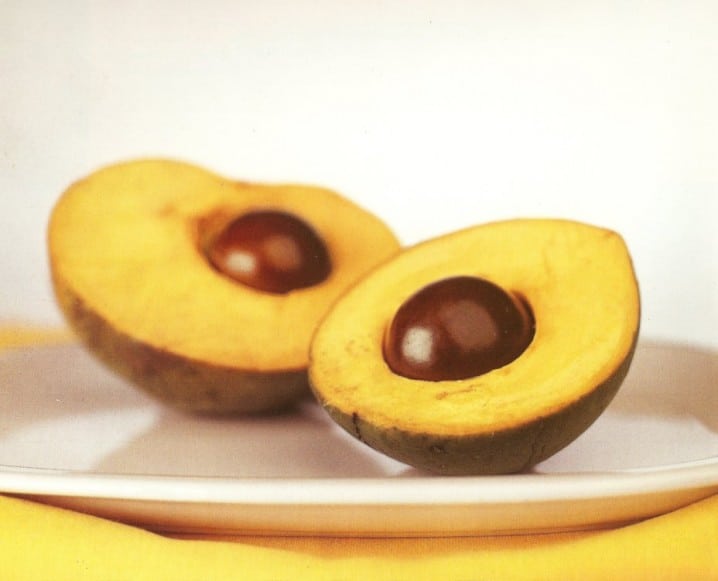
Besides eating fresh lucuma, the way you can enjoy lucuma in the US or other parts of the world is through powder form.
Once the fruit is dried, it can be made into a powder form that is much more suitable for transporting around the world.
You can use lucuma powder as a natural sweetener that will give a subtle sweet, maple like flavor.
It can be added like other powder supplements to smoothies, juices, desserts or baked goods to add sweetness and a boost of vitamins and minerals.
A benefit for using lucuma powder as a sweetener is it is considered a low glycemic index food.
Compared to regular table sugar, powdered lucuma won’t spike blood sugar levels.
Lucuma powder may be a more suitable sweetener choice for people wanting to lose weight or are trying to lower their risk for type 2 diabetes.
Nutrients in lucuma
Lucuma powder has 14 essential vitamins and minerals.
Lucuma is a source of potassium, calcium, magnesium and phosphorus. Like other yellow fruits and vegetables, lucuma fruit is rich in antioxidant beta carotene.
Research from health benefits of lucuma
There are not many studies with lucuma fruit’s health benefits.
There is one 2010 study (2) that examined lucuma nut oil on wound healing and inflammation.
Researchers found lucuma nut oil promoted skin regeneration and may have implications in skin care.
It is not known if the same benefits found from lucuma nut oil can be contributed to the lucuma fruit that is more commonly consumed.
More research is needed to examine if lucuma fruit has similar properties.
Since lucuma is high in antioxidants, the fruit may also help with lowering inflammatory markers in the body.
A 2009 in vitro study (3) examined extracts from native Peruvian fruits including lucuma on antioxidant activity and markers for type 2 diabetes.
Researchers concluded lucuma along with other Peruvian fruits show potential for having antidiabetic properties.
This study was done with cells, so more research is needed in animals and humans to further test the hypothesis lucuma may be beneficial for lowering risk for diabetes.
More research needs to be done on lucuma and potential health benefits.
However, ancient Incan and Peruvian cultures have used the lucuma fruit for centuries as an anecdote for various health problems.
Lucuma may have many other health benefits research still has to uncover.
Is it a super food?
The term superfood doesn’t have a set scientific definition.
Merriam-Webster dictionary (4) defines superfoods as foods rich in compounds that benefit a person’s health.
Foods such as blueberries, acai, kale or salmon are often labeled as superfoods.
Does lucuma count as a superfood? Lucuma, like so many other fruits, is rich in compounds (antioxidants, minerals, fiber) that benefit health, so by this definition it can be considered a superfood.
However, keep in mind the label superfood can sometimes be just a marketing term.
One single food does not provide all essential nutrients, and research studies and health experts suggest eating a diet high in a variety of health foods is probably best for overall health.
Lucuma is high in nutrients, but so are other fruits.
Conclusion
Lucuma can be considered an ancient superfood used by the Incas.
They understood lucuma was a good source of many nutrients and may have even considered it like gold.
Current research studies are limited on the specific health benefits of lucuma, but some studies suggest lucuma fruit may be a source of anti-inflammatory compounds and may be helpful in lowering risk for type 2 diabetes. However, more research is needed.
In most parts of the world, fresh lucuma can’t be transported.
Lucuma powder is more widely available and can be used as a natural, nutrient dense sweetener that is also considered low glycemic index.
Along with not spiking blood sugar levels, lucuma powder is also a source of fiber, potassium, calcium, iron and antioxidants.
Using it in place of other non-nutritive sweeteners can be a healthy switch.
As with any new supplement to your diet, it is best to consult your healthcare team before adding lucuma powder to your diet.
